Coconut fiber, or coir, is rapidly emerging as a sustainable and versatile material with immense global appeal. Once considered a mere byproduct of coconut processing, it has transformed into a valuable resource thanks to its eco-friendly properties and wide-ranging applications. From horticulture and erosion control to automotive interiors and construction materials, the demand for coconut fiber is skyrocketing worldwide. This trend presents a golden opportunity for businesses in coconut-rich countries like Indonesia, India, and Sri Lanka. These nations can tap into the growing export market. With increasing awareness about sustainability, coconut fiber aligns perfectly with global trends toward green solutions. Let’s explore the export potential of coconut fiber and uncover how this humble material can become a cornerstone of international trade.
Export Potential of Indonesian Coconut Fiber to the US
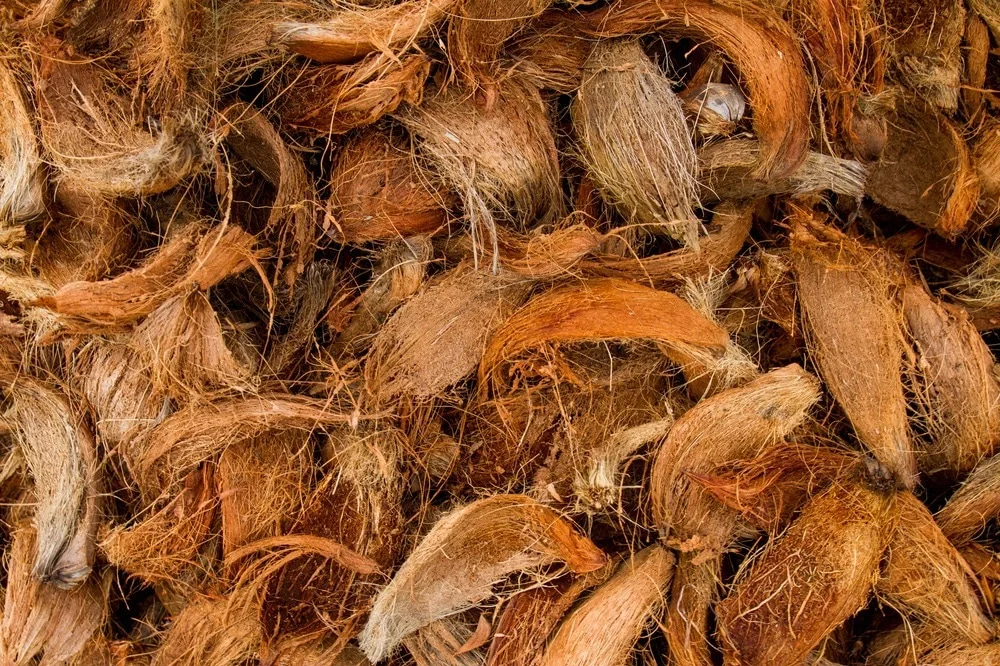
Indonesia, as one of the world’s largest coconut producers, holds a significant advantage in tapping into the booming demand for coconut fiber in the United States. The US market increasingly prioritizes sustainable and eco-friendly materials, making coconut coir an attractive option for industries such as agriculture, horticulture, construction, and even home decor. For instance, American farmers are turning to coir-based grow bags and soil conditioners due to their water retention and aeration benefits. Similarly, coir mats and erosion control products are gaining traction in landscaping and environmental conservation projects across the country.
The growing emphasis on sustainability in the US aligns perfectly with Indonesia’s abundant supply of high-quality coconut fiber. By targeting key sectors like organic farming, green building, and eco-conscious consumers, Indonesian exporters can carve out a strong niche in the US market. Additionally, certifications like USDA Organic or Fair Trade can further boost the appeal of Indonesian coir products. These certifications ensure compliance with strict US standards while commanding higher prices. With strategic marketing and reliable logistics, exporting coconut fiber from Indonesia to the US presents a lucrative opportunity for businesses looking to capitalize on this eco-friendly trend.
Also Read : Potential Export of 7 types of Indonesian Bamboo Crafts to United States
Processed Coconut Coir Products in High Demand Globally
To truly maximize the profitability of your coconut coir export business, consider selling processed coconut coir products instead of raw materials. By transforming sabut kelapa into value-added goods, you not only increase its market appeal but also significantly boost your profit margins. Processed products cater to specific industries, making them more attractive to global buyers who are looking for ready-to-use solutions. Here are some of the most sought-after processed coconut coir products that are taking the global market by storm:
1. Cocopeat – The Gardener’s Best Friend
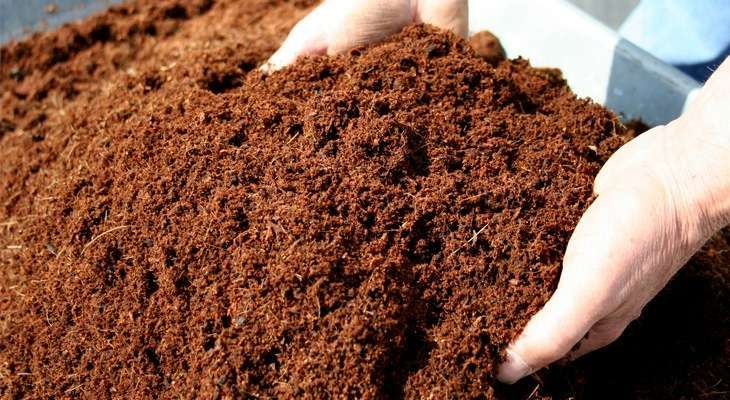
Cocopeat, a versatile growing medium made from coconut husk fibers, is revolutionizing agriculture and horticulture worldwide. Farmers and gardeners love it because it retains moisture exceptionally well, provides excellent aeration for roots, and serves as a sustainable alternative to peat moss. In fact, cocopeat has become a staple in organic farming and hydroponics systems across Europe and North America. By exporting cocopeat, you can tap into the booming demand for eco-friendly agricultural solutions while positioning your brand as a leader in sustainable practices.
2. Cocofiber – A Versatile Material for Diverse Industries
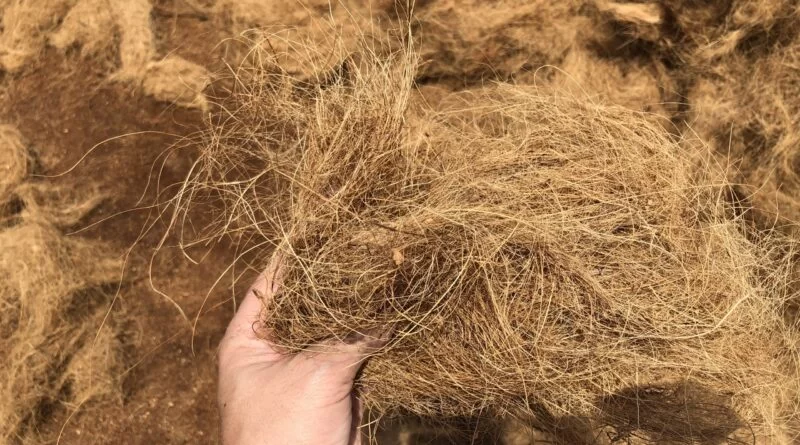
Cocofiber, the fine and flexible fiber extracted from coconut husks, is another product with immense global potential. This material is widely used in industries ranging from automotive manufacturing to textiles and even furniture production. For example, automakers use cocofiber to create durable seat cushions and soundproofing materials due to its lightweight and resilient properties. Similarly, textile companies incorporate cocofiber into eco-friendly fabrics, appealing to environmentally conscious consumers. By focusing on cocofiber exports, you can target multiple high-demand sectors and diversify your revenue streams.
3. Bristle Fiber – Strength and Durability Combined
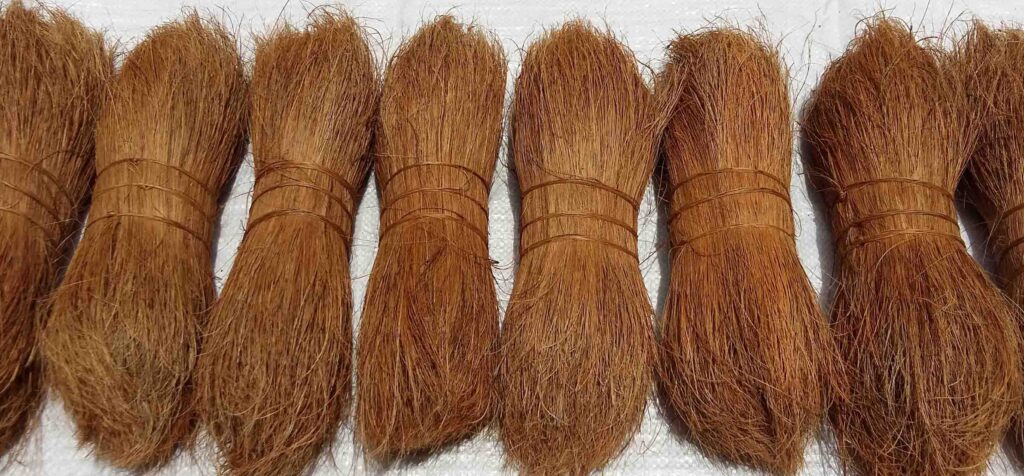
Bristle fiber, derived from the longer strands of coconut husk, is prized for its strength and durability. This fiber is commonly used in the production of brushes, brooms, ropes, and mats. Moreover, bristle fiber’s natural resistance to water and wear makes it ideal for outdoor applications like doormats and erosion control nets. With the growing trend toward sustainable household and industrial products, bristle fiber offers an excellent opportunity to meet global demand while promoting eco-friendly alternatives.
4. Coconut Husk Chips – Perfect for Horticulture Enthusiasts
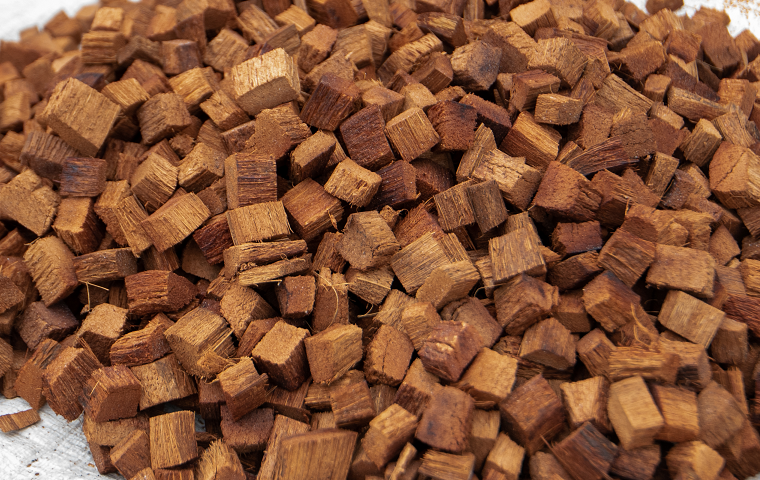
Coconut husk chips are another innovative product gaining popularity in the global horticulture market. These small, chunky pieces of coconut husk serve as an excellent growing medium for orchids, succulents, and other plants that thrive in well-draining environments. Not only do they prevent root rot, but they also provide essential nutrients as they break down over time. Gardeners and nurseries in countries like the US and Australia are increasingly turning to coconut husk chips for their sustainability and effectiveness. Exporting this product allows you to cater to niche markets while commanding premium prices.
How to Start a Coconut Fiber Export Business
1. Market Research and Target Country
Before starting your export journey, you need to conduct thorough market research to identify which countries have high demand for coconut coir products. Add an analysis of the latest export trends, monitor export data from BPS (Indonesia’s Central Statistics Agency), and study your competitors’ strategies to refine your research. Don’t forget to leverage digital platforms like Trade Map and the Ministry of Trade’s portal to enrich your data and gain deeper insights into potential markets.
2. Securing Raw Material Sources
Indonesia is home to many coconut-producing regions, such as Riau, North Sumatra, Sulawesi, and Kalimantan. Ensure that you audit the quality of raw materials and establish long-term contracts with suppliers to guarantee a stable supply. Conduct regular visits to your suppliers and maintain open communication to ensure the supply chain remains consistent and reliable.
3. Ensuring Product Quality
Product quality plays a critical role in the success of your export business. Implement strict Quality Control (QC) procedures at every stage of coconut coir processing to meet international standards. Additionally, consider obtaining certifications like ISO to enhance your business’s credibility and appeal to global buyers who prioritize quality assurance.
4. Handling Export Permits and Legal Requirements
To export coconut coir, you must secure the necessary permits and documentation. Regularly update your licenses and consider hiring an export consultant to simplify the process. Pay close attention to the customs regulations of your target country to ensure smooth shipping and avoid delays or penalties.
5. Choosing the Right Shipping Method
Coconut coir can be shipped via sea freight using containers or cargo. Partner with a trusted freight forwarder and ensure all shipping documents are complete to prevent issues at customs. It’s also wise to purchase shipping insurance to mitigate risks during the export process, ensuring your products arrive safely and on time.
6. Building Relationships with Importers
Establishing strong networks with importers or distributors abroad can significantly boost your export efforts. Create a digital catalog and use social media platforms to attract potential buyers from overseas. Participate in international trade shows and join B2B platforms like Alibaba to expand your business network and reach a wider audience. By building these connections, you can create long-term partnerships that drive growth and success in the global market.
Also Read : Recommendation Types of Indonesian Coffee Known Worldwide
Concerned About Managing Coconut Fiber Export Costs? AsiaCommerce Can Help!
The coconut fiber business can be a highly promising opportunity due to the growing global demand. By understanding the market, maintaining product quality, and managing export permits effectively, you can achieve success in this industry. Don’t forget to stay updated on market trends and continuously innovate with processed coconut coir products to remain competitive in the international market.
Handling export costs can be complicated and confusing, especially when dealing with various regulations and shipping procedures. Don’t let these challenges hold back your export business. AsiaCommerce is here to help manage all your coconut coir export needs with easy, fast, and reliable services. Consult your export requirements with us! Contact AsiaCommerce now to make exporting easier—or click the banner below to get started!

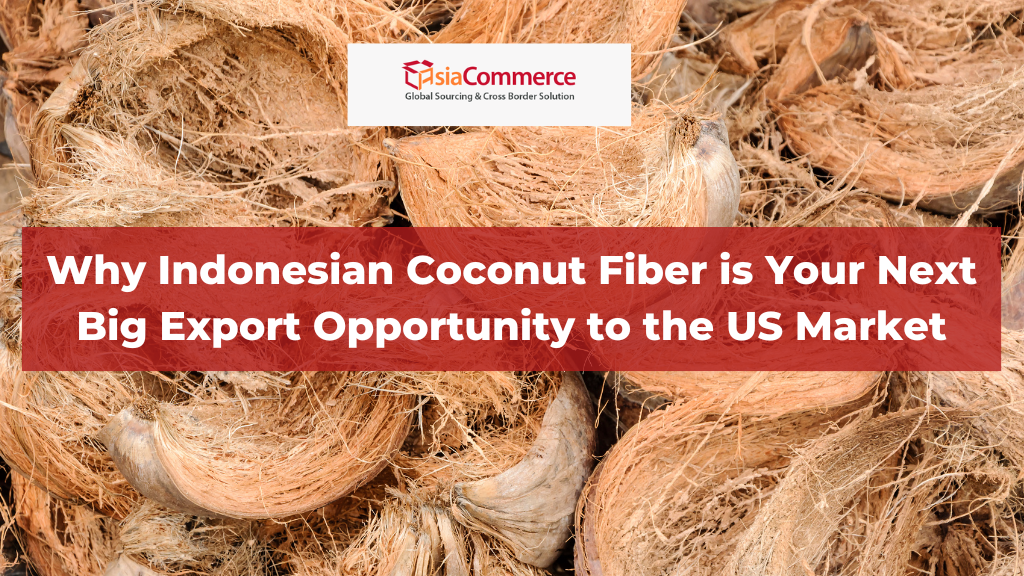
0 Comments